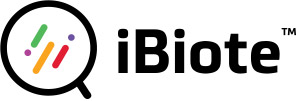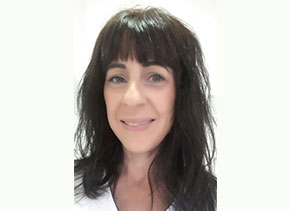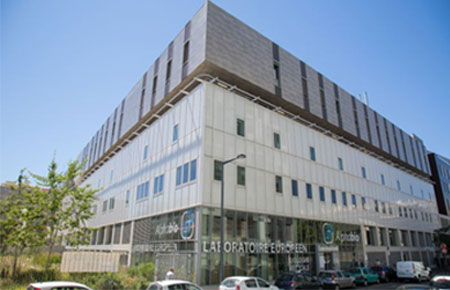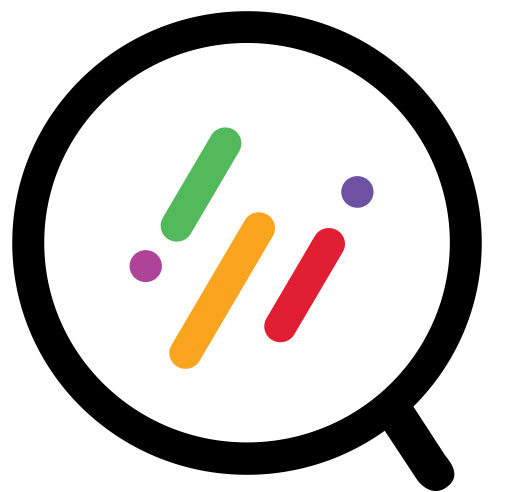
iBiote is the first service made available by the French medical biology laboratory Alphabio dedicated to the personalized study of human microbiota.
Our team
Composed of a young and dynamic team, we make every effort to elucidate the complexity of your microbiota and exploit your health capital.
Our strength: an expertise based on multidisciplinarity
Medical

Philippe Halfon
MD, PharmD, PhD, Docteur of Medicine, Doctor of Pharmacy, Doctor of Science, Medical Biologist.

Marion Bonnet
PharmD, PhD, Doctor of Pharmacy, Doctor of Science, Pharmaceutical innovation and research
Scientific
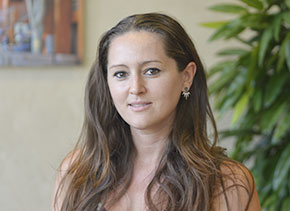
Anne Plauzolles
PhD, Project Manager, Doctor of Science

Eya Toumi
Microbiology Engineer, PhD student
Bioinformatic and Biostatistic

Benoit Goutorbe
Bioinformatic Engineer, PhD student

Guillaume Penaranda
Biostatisticien
Administration/Sales
Technical team

Alizée Audebet
Technical Labory
Our advantages
Science
Since 2017, the R&D department of the iBiote group has been actively involved in research on human microbiota. The setting up of this microbiota analysis service has been the subject of a great deal of work to standardize the analytical protocols for each key step that the sample must go through. The bacterial DNA contained in the samples is isolated, amplified and then obtained using a new generation sequencing device (Illumina® MiSeq). Bacteria are identified by their universal 16S gene, using state-of-the-art bioinformatics methods
Simplicity
Our website is interactive with the possibility to collect information about microbiota and our range of analysis. Depending on the microbiota analyzed, the sample can be ordered directly online and carried out at your home. Thanks to a stabilization solution this stabilized sample can be sent back to our laboratories by mail. Once your sample has been received, you can follow the progress of your analysis on our interactive platform and retrieve your detailed and personalised report.
Database
The iBiote project is based on a proprietary database that centralizes knowledge on microbiota, making it possible to compare each new patient to a population of asymptomatic individuals or individuals with a particular pathology and thus highlight potential imbalances (dysbioses and/or characteristic signatures). This database is continuously enriched through ongoing recruitment and our participation in numerous research projects.


